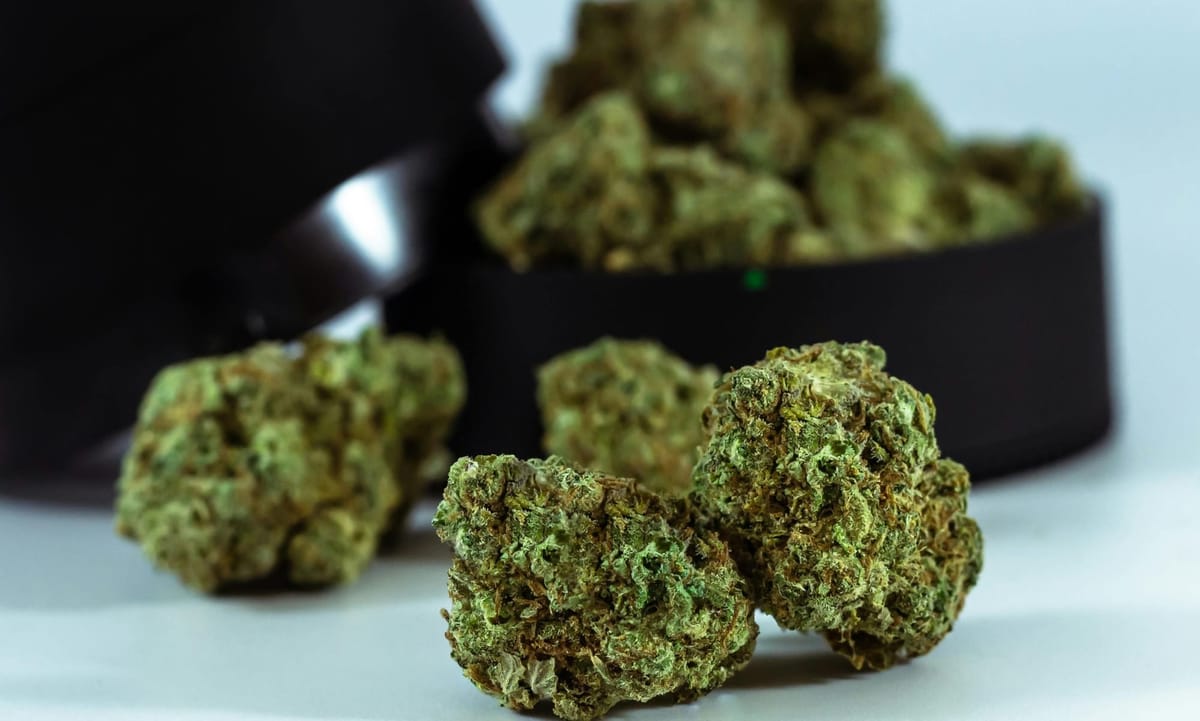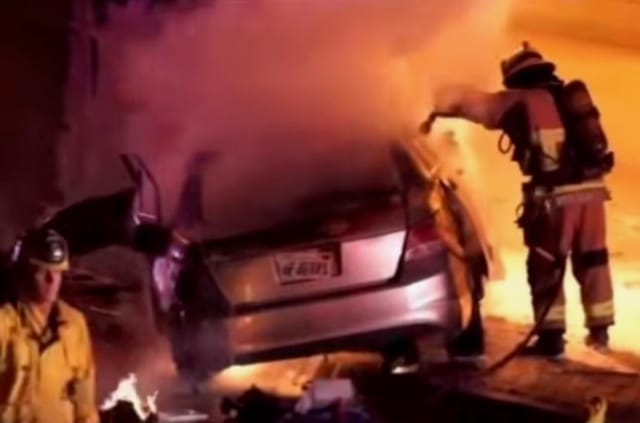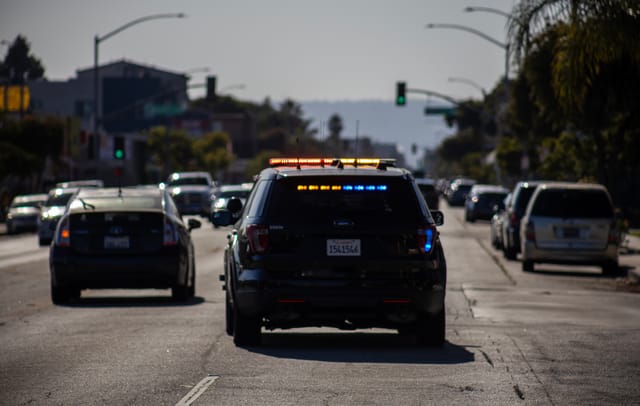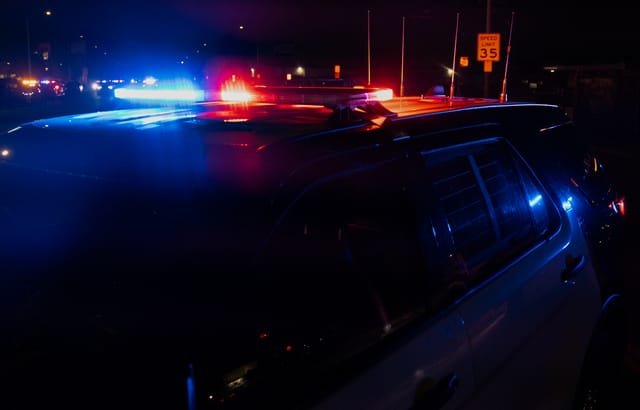Long Beach could update regulations to allow delivery-only cannabis businesses
The city's existing cannabis laws require an owner to have an active retail dispensary license in order to deliver products across Long Beach.

Long Beach could be moving to allow delivery-only cannabis businesses as the Planning Commission will vote on potential changes to the city’s rules and zoning related to cannabis products.
Currently, city law requires cannabis delivery to be tied to an existing storefront dispensary. When voters approved cannabis sales to resume in the city in 2016, the number of dispensaries allowed in Long Beach was capped at 32.
Operators say the industry has continued to struggle with high tax rates from both state and local governments as well as a persistent illicit market that has siphoned away revenue and forced some of the 32 dispensaries to close.
Earlier this year, the City Council approved a pilot program that could reduce city taxes for retailers and is now looking at potentially allowing on-site consumption of cannabis at special events. Officials say both moves are aimed at alleviating some of the financial struggles of the industry.
But making it easier, and potentially cheaper, to enter the retail cannabis market in the city could also increase city revenues. Long Beach recently approved winners of a lottery for additional “equity” dispensary licenses that were awarded to lower-income business owners and introducing delivery-only licenses could allow more equity applicants to enter the retail sector of the industry, according to officials.
Cannabis license fees are projected to bring in over $11 million to the city’s general fund this fiscal year, according to city budget documents.
The new delivery-only businesses would be taxed at the same rates as other dispensaries, according to the proposed changes.
Some of the changes the Planning Commission could forward to the City Council for final approval include outlining where in the city delivery-only cannabis businesses can be located as well as specific standards for delivery drivers.
Businesses would still have to locate in what the city has dubbed the “green zone,” which provides buffers to separate cannabis businesses from spaces like parks and schools. A city report included a map of the areas that the proposed changes would apply to.
Under the proposed updates, delivery-only businesses would have new building standards that would require owners to decorate the outside of the businesses with landscaping, different colors and other architectural elements to “articulate” the exterior. There would also be requirements for how transparent the windows facing the street should be and, in some areas of the city, delivery-only businesses would be required to locate above the ground level if it’s in a mixed-use building.
Delivery drivers would have to be employees of the business and would be prohibited from making sales. The delivery vehicles would also have to be equipped with a GPS system and businesses would have to keep logs of where the delivery drivers went for at least 90 days under the proposed changes.
Hours of operation for delivery services would be limited to 9 a.m. to 10 p.m. daily and there would also be a limit on both the amount of product that is allowed in the delivery vehicle at one time as well as a limit on the dosage size of cannabis products. Similar to existing rules, the vehicles would not be allowed to have advertising or symbols that identify them as cannabis delivery vehicles.
The Planning Commission is set to vote on the potential changes at its Sept. 19 meeting and, if approved, the changes will be sent to the City Council for ratification.
The Long Beach Planning Commission is scheduled to meet Sept. 19 at 5 p.m. inside the Civic Chambers at City Hall.

We need your support.
Subcribe to the Watchdog today.
The Long Beach Watchdog is owned by journalists, and paid for by readers like you. If independent, local reporting like the story you just read is important to you, support our work by becoming a subscriber.





